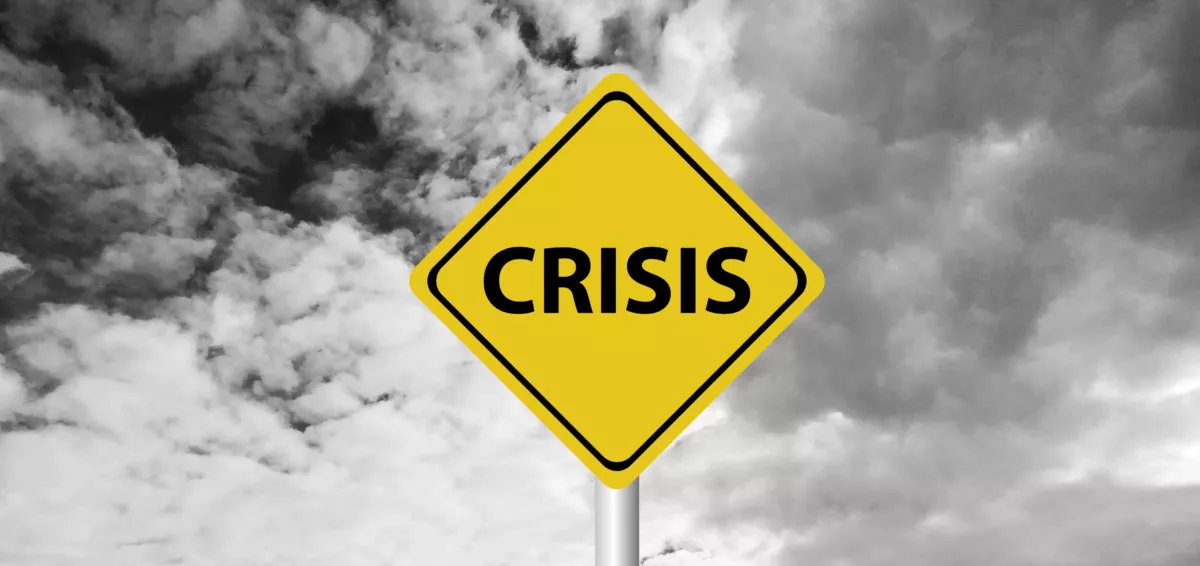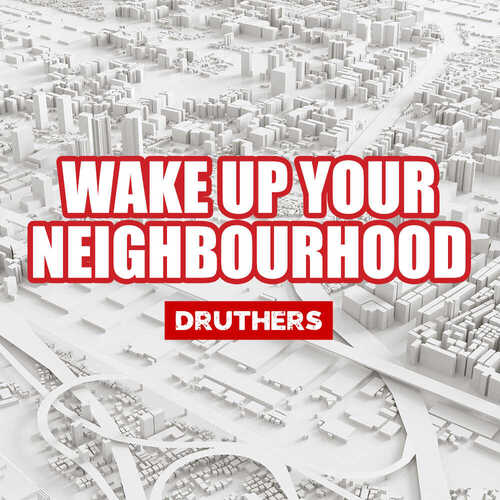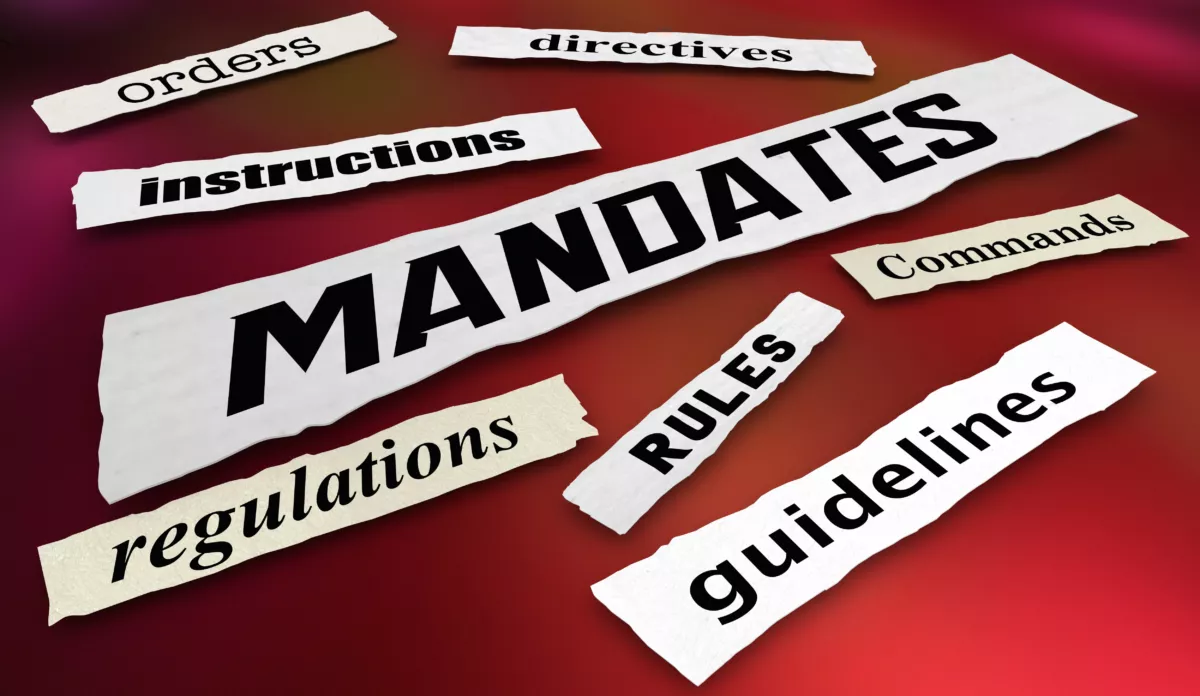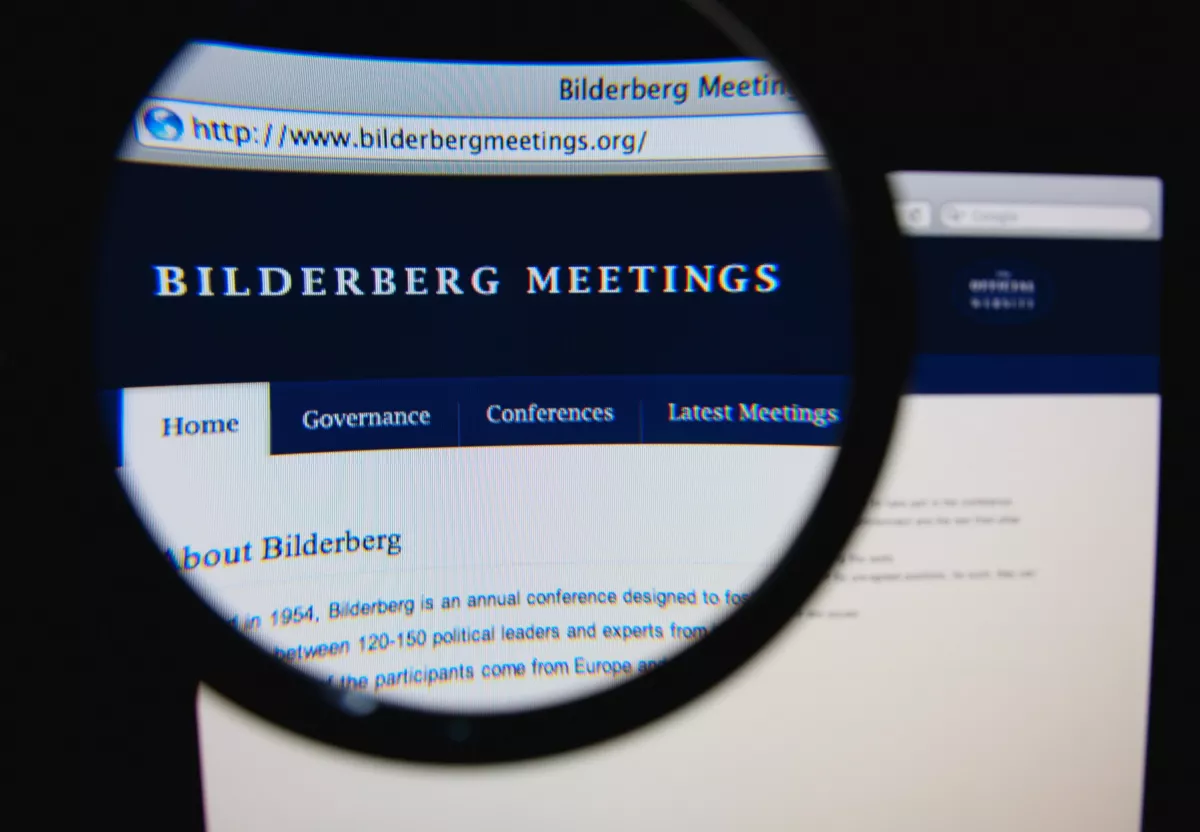The Real Reason Behind Every Modern Crisis
By Mark Edward
The World as a Chessboard
If you’ve ever felt that world events are less a series of random accidents and more a grand chess match, you’re not alone. From the halls of government to the boardrooms of global banks, a pattern emerges: crises erupt, panic ensues, and, almost as if on cue, a “solution” appears, one that always seems to consolidate more power in fewer hands. This is the classic “problem, reaction, solution” strategy, often linked to the Hegelian dialectic, where the crisis is not just managed but manufactured, and the “solution” is the endgame all along.
Debt: The Engine of the Coming Reset
Let’s start with the numbers. Global sovereign debt has reached historic highs, with the Institute of International Finance (IIF) reporting world debt at over $313 trillion in 2024, more than 330% of global GDP.1 The United States alone has surpassed $34 trillion in national debt, while the EU, Japan, and China are not far behind. This is not a new trend: every major war or crisis in modern history has been preceded by a debt binge, followed by a “reset” that wipes the slate clean for the powerful, while ordinary people pay the price.
Don’t lose touch with uncensored news! Join our mailing list today.
Historical Echoes
- Pre-WWI and WWII: Both world wars were preceded by unsustainable debt and financial instability, which were “resolved” through conflict, currency devaluation, and the redrawing of the global order.
- 1971 – The End of the Gold Standard: When the US dollar was decoupled from gold, it unleashed an era of fiat money, endless credit, and the slow decline of fiscal discipline. Since then, the dollar’s purchasing power has plummeted, and the world has been awash in cheap debt.
The Orchestration of Crisis
If you believe the headlines, the world is simply a chaotic place: wars in Ukraine and the Middle East, tensions in Taiwan, riots in the US, and a parade of “unexpected” disasters. But what if these are not just accidents, but moves in a calculated game? The theory goes like this: when the debt becomes unpayable, the system needs a reset. But to justify the pain of that reset, loss of savings, new controls, a new currency, you need a crisis of epic proportions.
The Hegelian Dialectic in Action
- Problem: Escalating debt, social unrest, pandemics, and war.
- Reaction: Public fear, demand for safety, and willingness to accept new restrictions.
- Solution: Pre-packaged reforms, digital currencies, surveillance, and global governance, that would never have been accepted in normal times.
Surveillance and Control: The New Normal
The last two decades have seen an explosion of surveillance measures, often justified by crisis. After 9/11, the world saw the rise of the Patriot Act, mass surveillance, and the normalization of war powers in the name of security. The COVID-19 pandemic brought lockdowns, vaccine passports, and a new era of “public health” mandates, with dissenters labeled as threats to society.
The Role of Big Business, NGOs, and Banks
- World Economic Forum (WEF): Klaus Schwab’s “Great Reset” openly calls for a new world order, with leaders from Trudeau to Putin counted as “Young Global Leaders”.
- NGOs and Think Tanks: Organizations like the WHO, IMF, and World Bank push for global health, financial, and governance standards, often bypassing national sovereignty.
- Banks and Central Banks: The push for Central Bank Digital Currencies (CBDCs) is accelerating, promising “convenience” but enabling unprecedented tracking and control of every transaction.
The Cultural Reset: Morals, Identity, and the Vacuum of Meaning
While the financial system is being reset, so too is the cultural foundation. Traditional values, family, faith, and community, are being replaced by a new creed: “do what thou wilt.” New Age philosophies, radical individualism, and the erasure of boundaries are celebrated, while dissent is pathologized. The result is a society where government and technocratic “experts” become the new arbiters of truth and morality, filling the void left by the decline of faith and tradition.
The Mantra of the Fallen Angel
This new ethos, no boundaries, no limits, no judgment, echoes the ancient temptation: “You shall be as gods.” The promise of eternal youth, limitless experience, and the rejection of sin is not just a cultural trend, but a spiritual one, with deep roots in occult and esoteric traditions.
The Endgame: One World, One System, One Currency
The ultimate goal? A single global system, one government, one health authority, one digital currency. The evidence is everywhere: the push for global health treaties, the rise of digital ID and CBDCs, and the relentless march toward “harmonized” regulations. The sovereign debt crisis is not a bug, but a feature, a pretext for the final consolidation of power.
The Numbers Don’t Lie
- Sovereign Debt: Off the charts, with no realistic path to repayment.
- Currency Debasement: Since leaving the gold standard, the US dollar has lost over 90% of its value.
- Centralization: Every crisis brings more power to the center, less to the individual.
Is Gold the Answer? The White Pieces on the Board
In this grand chess match, is there a move left for the “white pieces”? Throughout history, gold has been the ultimate hedge against currency collapse and state overreach. As central banks and billionaires quietly accumulate gold, perhaps the answer is to reclaim personal sovereignty, financially, culturally, and spiritually.
- Gold and Silver: Tangible, outside the system, immune to digital confiscation.
- Community and Faith: Rebuilding local networks and rediscovering meaning beyond the state.
- Vigilance: Understanding the playbook is the first step to resisting it.
Seeing the Board, Not Just the Pieces
When you view world events through the lens of orchestrated crisis and premeditated “solutions,” the chaos starts to make sense. The debt, the wars, the cultural upheaval, they are not random, but moves in a game where the stakes are nothing less than freedom itself. The black pieces have made their moves in broad daylight. The question is, will the white pieces wake up in time to make theirs?
- 2024 IIF Global Debt Monitor











